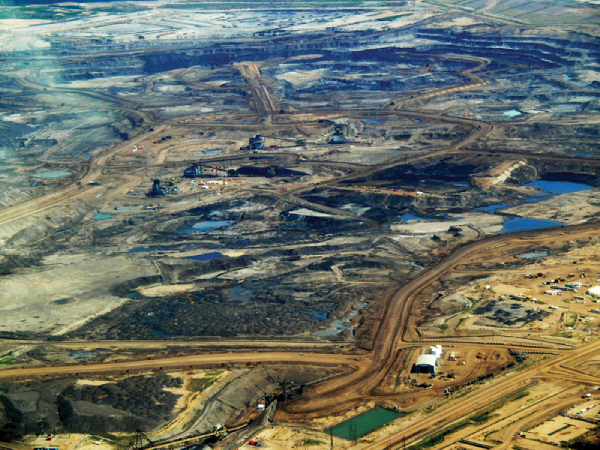The apocalyptic wildfires that have erupted in the boreal forest in Siberia, the Russian Far East and Canada, climate scientists repeatedlywarned, would inevitably move southwards as rising global temperatures created hotter, more fire-prone landscapes. Now they have.
The failures in California, where Los Angeles has had no significant rainfall in eight months, are not only failures of preparedness — the mayor of Los Angeles, Karen Bass, decreased funds for the fire department by $17 million — but a failure globally to halt the extraction of fossil fuel. The only surprise is that we are surprised. Welcome to the age of the “Pyrocene” where cities burn and water does not come out of the hydrants.
The boreal forest is the largest forest system on earth. It circumnavigates the Northern Hemisphere. It stretches across Canada and Alaska. It travels through Russia where it is known as “the taiga.” It reaches into Scandinavia, picks up again in Iceland and Newfoundland, and moves westward across Canada, completing the circle. The boreal forest has more sources of freshwater than any other biome, including the Amazon Rainforest. It is the lungs of the earth, able to store 208 billion tons of carbon, or 11 percent of the world’s total. Yet it has been steadily degraded, assaulted by deforestation and the extraction of the tar sands in Alberta, Canada — which produces 58 percent of Canada’s oil and is the U.S.’s largest source of imported oil — man-made drought and rising temperatures from carbon emissions.
Almost two million acres of boreal forest have been destroyed by extraction industries and timber companies. They have scraped away the topsoil and left behind poisoned wastelands. The production and consumption of one barrel of tar sands crude oil releases between 17 and 21 percent more carbon dioxide than the production and consumption of a standard barrel of oil. The oil is transported thousands of miles to refineries as far away as Houston, through pipelines and in tractor-trailer trucks or railroad cars.
This vast assault, perhaps the largest such project in the world, has accelerated the release of carbon emissions that, unchecked, will render the planet uninhabitable for humans and most other species. There is a direct line from the destruction of the boreal forest and the raging wildfires in California.
READ MORE at The Chris Hedges Report
Author
Chris Hedges is a Pulitzer Prize–winning journalist who was a foreign correspondent for 15 years for The New York Times, where he served as the Middle East bureau chief and Balkan bureau chief for the paper. He previously worked overseas for The Dallas Morning News, The Christian Science Monitor and NPR. He is the host of show “The Chris Hedges Report.”




